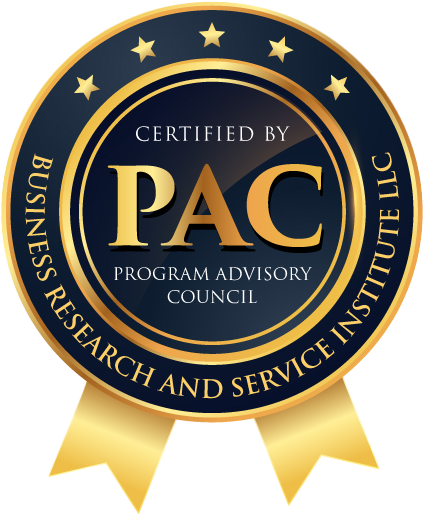Lean inventory management is all about refining how a company handles its supply chain and manufacturing processes, and it’s not just for companies looking to conserve capital or navigate uncertain markets. A lean inventory approach leverages continuous improvement methods to reduce waste — of time, materials and work. That improves efficiency, saves money, and ultimately enables companies to provide more value to customers.
Finance teams understand that once purchased, inventory does not gain value until it is sold to the customer. Inventory is a cost that increases the longer stock is stored — carrying costs may add up to 30% per year. So a $10 part that sits on a shelf for six months could actually cost the company $11.50. That’s $1.50 added to the expected cost of goods sold.
Therefore, CFOs are generally proponents of lean inventory management, even after the challenges presented by global disruptions. Now it’s time to get everyone else on board.
Related: Future of Inventory Management
What Is Lean Inventory Management?
Lean inventory management is an inventory planning approach that focuses on continually eliminating waste and inefficiency. Improvements might include fixing production bottlenecks that result in storage costs for work-in-progress inventory or training employees to follow a strictly first-in, first-out process to minimize spoilage of perishable items.
A company that excels at lean inventory holds only what it needs at all stages of production and wastes minimal time, materials, and effort. Businesses looking to get better at lean inventory management may benefit from improvement methodologies such as Kaizen, Kanban, and Six Sigma. For example, Kanban is core to lean just-in-time (JIT) inventory and production management and helps eliminate waste due to overproduction because companies produce goods only once orders are in hand.
Related: 5 Key Principles of Lean Inventory Management
You Should Also Read:
Software for Supply Chain Management
Why is Technology Important in Supply Chain Management?
The Functional Roles of IT in Supply Chain Management

Danish Mairaj is a medical device expert with a strong focus on regulatory and quality compliance. He has been involved in managing clinical trial infrastructure including supplies and logistics. He has over 15 years of experience in the MedTech and Pharmaceutical industry. He is a certified Product Owner, Scrum Master, and Project Management Professional PMP. He studied Biomedical Engineering in Germany and MedTech Regulatory & Quality in Galway, Ireland. He contributes articles to the BRASI newsletter.
- Danish Mairaj#molongui-disabled-link








